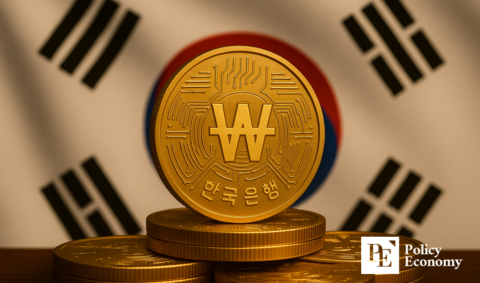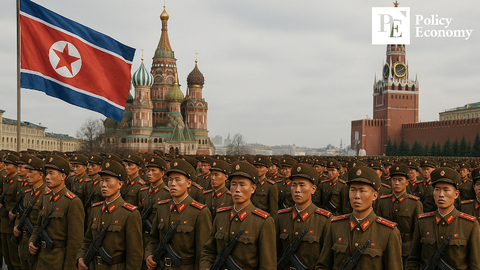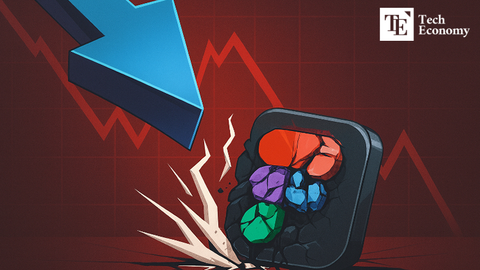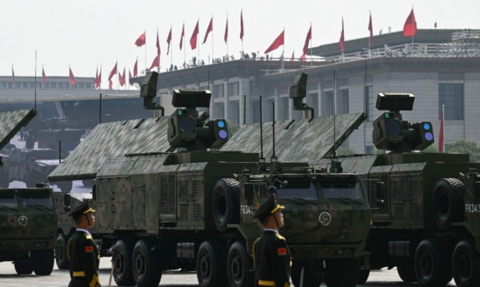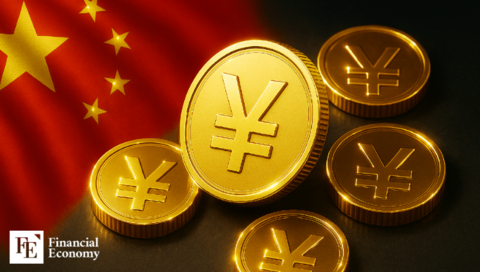China Reshapes Global Shipping Order, Secures Stakes in 129 Ports Worldwide
Input
Changed
China’s State-Owned Shipping Giant Acquires Stake in Spanish Port EU Commission’s Warnings Fail to Stop Chinese Capital Penetration Existing Global Shipping and Logistics Structure Undergoes Accelerated Shift
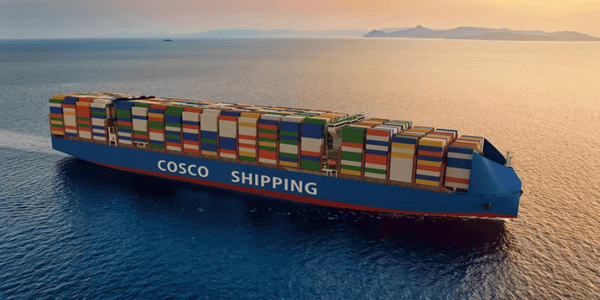
China is emerging as the central hub of the global supply chain. Since becoming a global manufacturing powerhouse, China has significantly expanded its port acquisitions and investments, a move that is now seen as reshaping shipping and logistics flows across Europe and the wider world.
COSCO Acquires 51% Stake in Valencia Port
According to the Wall Street Journal (WSJ) on the 21st (local time), China’s state-owned shipping firm COSCO SHIPPING (hereafter COSCO) recently secured a 51% stake in a terminal at the Port of Valencia, Spain. WSJ reported that as negotiations continue with global investor groups such as Hutchison and BlackRock over the sale of approximately 40 ports worldwide for about $23 billion, COSCO has proceeded with expanding its European port investments.
What stands out is that despite European countries expressing discomfort over Chinese maritime companies owning or investing in major ports, COSCO successfully acquired the stake. Countries like Belgium have labeled China a “potential adversary,” warning against the politicization and militarization of China’s civilian maritime sector.
Investments by Chinese firms in key maritime infrastructure across Europe remain a subject of major controversy. Back in 2022, the European Commission warned such deals could pose national security risks. Nonetheless, Germany approved the sale of a 24.9% stake in Hamburg’s largest container terminal to COSCO, drawing intense scrutiny. Proponents cited German corporate law, which grants no voting rights for stakes under 25%, but critics warned that repeated transactions of this nature could gradually mute Europe’s voice against China.
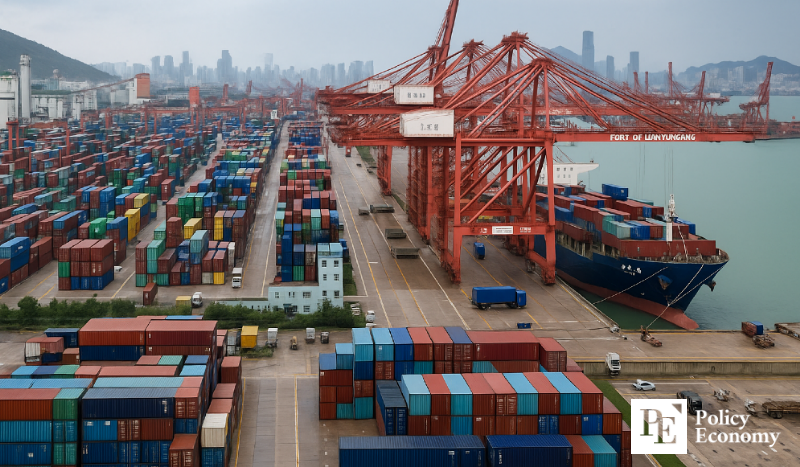
China's Takeover of European Ports
COSCO already holds partial or controlling stakes not only in Spain and Germany but also in ports such as Las Palmas in the Canary Islands and Rotterdam in the Netherlands. COSCO’s expansion into overseas ports did not happen overnight. It began with acquiring a stake in a container terminal in Antwerp, Belgium in 2004, and gained momentum in 2008 when it took over operations at the Port of Piraeus in Greece. The Piraeus port has since been transformed into a global logistics hub.
Another milestone was the acquisition of a 51% stake in Spain’s Valencia and Bilbao port operations in 2017 for approximately $216 million. COSCO referred to these ports as “strategic assets ideally suited for expanding its global terminal portfolio.” According to local port traffic statistics and the United Nations Shipping Connectivity Index, Valencia was the most connected port in the Mediterranean in the first quarter of 2025, scoring 610 points — a sharp rise since COSCO’s investment in 2017.
There have also been changes in container throughput. Since COSCO’s 2017 acquisition, Chinese container imports via Valencia have increased each year, while export volumes to China have remained flat or declined. Spain has effectively become one of the main EU gateways for direct Chinese imports that bypass the United States.
China Accelerates Diversification and Emerging Market Expansion
China’s port investments are part of its Belt and Road Initiative (BRI). Unveiled by President Xi Jinping in 2013, BRI was framed as a vision centered on trade rather than conquest. Xi declared China’s intention to build a network of thousands of miles of high-speed roads and railways (“Belt”) and maritime routes (“Road”) linking Asia, Europe, and Africa.
This idea aimed to revive the ancient Silk Road, with the ultimate strategic goal of securing and expanding a trade network that would cement China’s global position. The Chinese government has since launched massive investments in overseas port, rail, and logistics infrastructure. Europe ranks as the region with the highest investment intensity. In Spain’s case, increased maritime transport with China has also led to a surge in exports of new products like electric vehicles.
The expansion of overseas bases by Chinese shipping and port firms is not limited to Europe. In 2013, the state-owned China Merchants Group acquired a 49% stake in Terminal Link for approximately $432 million. As a result, Chinese capital is now present in over 129 ports across Europe, North America, South America, Asia, and Africa.
Industry experts note that more than half of the world’s maritime container transport is handled by just ten companies, including COSCO, Maersk, MSC, and CMA CGM. Chinese players like COSCO are competing directly with these global shipping giants for strategic footholds. A representative from Valencia Port said, “As the number of COSCO container vessels calling at the port increases, container throughput reached 5.47 million TEUs in 2024.” During the same period, the Port of Piraeus handled 4.22 million TEUs.
The Wall Street Journal commented, “Europe is a core continent for China’s trade and diplomatic expansion strategy, and the Chinese government is rapidly accelerating its investments in port hubs.” Experts also noted that “China’s acquisition of key port stakes is gradually reshaping the global shipping and logistics structure.”

